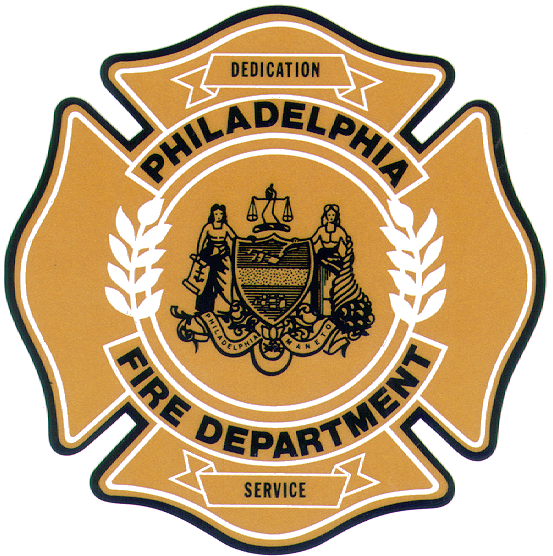Emergency medical service "alternative response" (AR-2) teams provide care to opioid overdose victims, offering immediate access to addiction treatment
As the opioid crisis has unfolded, emergency medical services (EMS) are experiencing increased demand for quick response and transportation for overdose victims. This innovative program, serving the Kensington area of Philadelphia and part of the Philadelphia Resilience Project, fields "alternative response units" (ARUs) that can include EMS workers, case managers, and/or epidemiologists. After the overdose victim is stabilized, the AR-2 team evaluates their medical readiness for opioid addiction treatment, and if appropriate, encourages them to access treatment or hospital care. If the offer is accepted, the team provides transportation, thus easing the burden on EMS ambulance capacity. If the victim refuses the offer, they are given a naloxone kit and information on harm reduction and treatment options. Those accepting the offer may be placed in a treatment facility on the same day.
Although the AR-2 approach awaits a formal evaluation, it is similar to quick response programs across the nation (e.g., Boston, Virginia) that have proven effective in easing the burden on EMS services, while increasing "warm handoffs" to opioid addiction treatment.
This alternative response unit significantly increases our capacity to reach individuals with substance use disorder and connect them to treatment.









